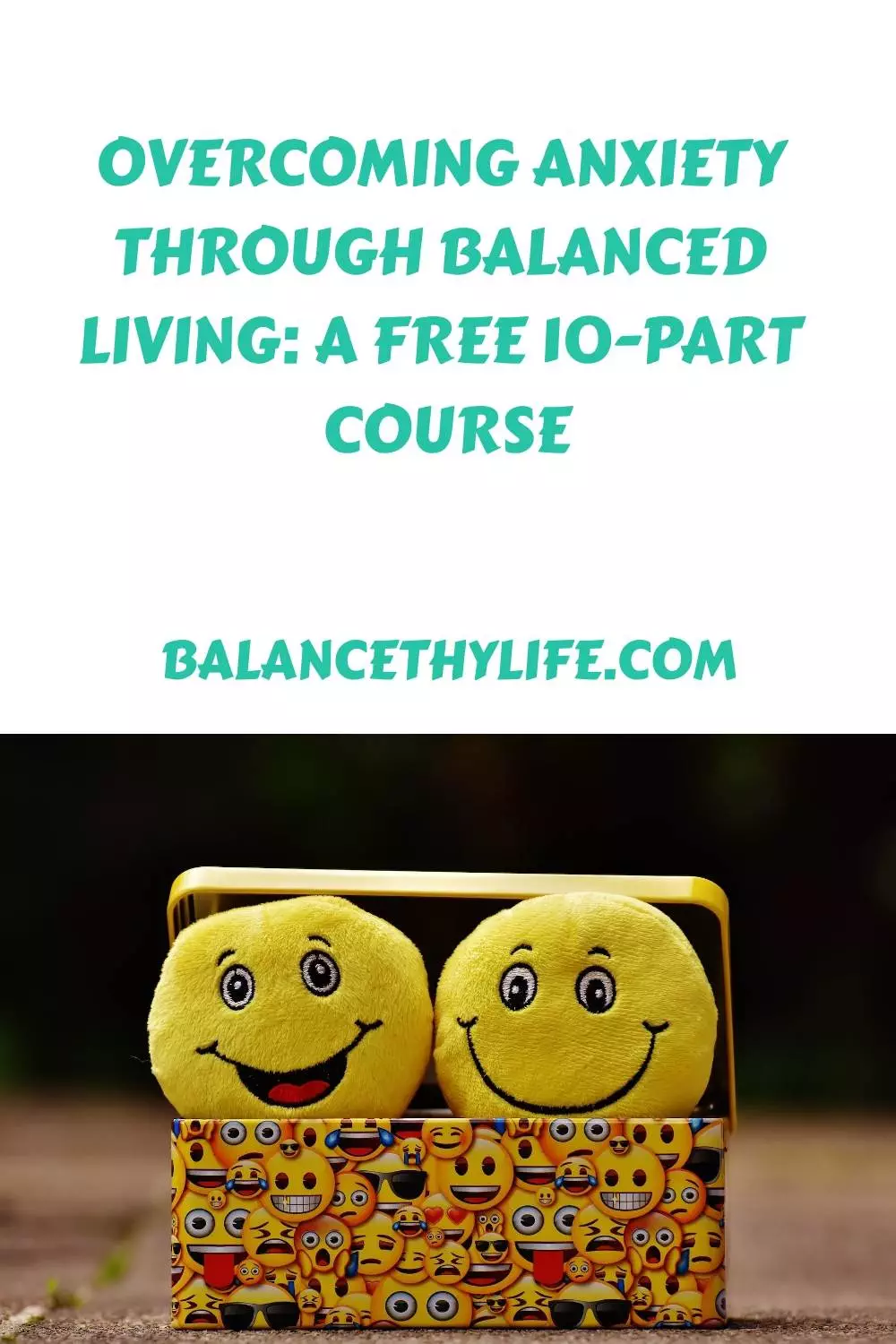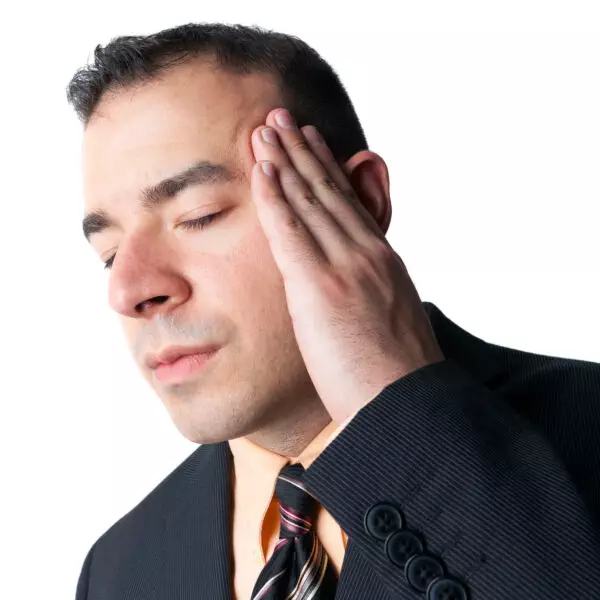Overcoming Anxiety and living a balanced life has numerous benefits for both your mental and physical health. Anxiety can cause feelings of fear, worry and unease, making it difficult to enjoy life to the fullest. While medication and therapy are effective treatments for anxiety, there is another way to manage this condition – balanced living. By incorporating balance into all areas of your life, you can reduce stress and improve your overall wellbeing, including your mental health. In this blog post, we will explore what balanced living means and how it can help overcome anxiety. We will also introduce a free online course that teaches participants how to live a more balanced lifestyle.
Introduction to Balanced Living and Anxiety
Balanced living refers to maintaining a sense of equilibrium in all aspects of your life, including physical health, mental health, emotional well-being, relationships, work-life Balance, leisure time, and environment. When one or more of these areas become unbalanced, it can lead to increased stress and anxiety. For example, working long hours without taking breaks can lead to burnout and exhaustion, which can then impact your mental health. On the other hand, neglecting your physical health by not exercising or eating nutritious foods can also contribute to anxiety.
The Benefits of a Balanced Lifestyle for Overcoming Anxiety
There are numerous benefits for managing anxiety. Firstly, it helps reduce stress levels, as you are not putting too much pressure on any one area of your life. Secondly, it promotes good habits such as exercise, healthy eating, and getting enough sleep, which can improve both physical and mental health. Thirdly, it encourages mindfulness and self-care practices like meditation and therapy, which can help alleviate symptoms of anxiety. Finally, it allows for better work-life balance, giving you more opportunities to engage in activities you enjoy and spend time with loved ones.
Free Course: Overcoming Anxiety Through Balanced Living
If you’re interested in learning more about balanced living and its role in overcoming anxiety, check out our free online course! This ten-part program covers everything from understanding the concept of balance to implementing practical strategies for improving your physical, mental, emotional, and environmental well-being. Each module includes videos, worksheets, and resources to help you develop a personalized plan for achieving balance in your own life. Sign up today and start living a happier, healthier, and more balanced existence!
What is Balance? Understanding the Concept
So, what exactly does “balance” mean? The definition varies depending on who you ask, but generally speaking, balance refers to a state of equipoise between opposing forces. In terms of balanced living, this might mean finding equal amounts of time for work, play, rest, and relaxation; prioritizing physical activity alongside mental health practices like meditation and therapy; or striking a harmonious relationship between your professional and personal lives. Ultimately, balance is a highly individualized concept that depends on your unique needs, goals, and preferences.
Physical Health: Exercise, Nutrition, Sleep
When it comes to physical health, balance means prioritizing regular exercise, healthy eating, and adequate sleep. Regular exercise can boost mood, increase energy levels, and reduce stress, while a healthy diet rich in whole grains, fruits, vegetables, lean proteins, and healthy fats can provide essential nutrients for optimal functioning. Getting enough sleep is crucial for regulating hormones, repairing tissues, and supporting cognitive performance. So make sure you’re getting at least seven hours of quality shut-eye each night.
Mental Health: Mindfulness, Meditation, Therapy
For mental health, balance means incorporating mindfulness, meditation, and therapy into your daily routine. Mindfulness involves being present in the moment and attuning yourself to your thoughts, feelings, and sensations without judgment. Meditation is a form of mindfulness practice that involves focusing your attention on a particular object, thought, or activity to promote calm and clarity. Therapy provides a safe space to process difficult emotions, address underlying issues, and learn new coping skills. Find what works best for you and make it a consistent part of your routine.
Emotional Well-being: Relationships, Self-Care, Fun
To support emotional well-being, balance means prioritizing meaningful relationships, self-care, and fun. Building strong connections with others can provide a sense of belonging, support, and love. Taking care of yourself through activities like reading, journaling, binge-watching Netflix, or enjoying nature can help reduce stress and increase happiness. And don’t forget to schedule in some fun! Whether it’s trying a new restaurant, going to a concert, or exploring a new city, doing things you enjoy can give you a sense of joy and fulfillment.

Environmental Factors: Work-Life Balance, Stress Reduction
Finally, balance means considering environmental factors like work-life balance and stress reduction. Work-life balance involves ensuring that your professional responsibilities do not interfere with your personal life or vice versa. This might mean setting boundaries around when and where you work, delegating tasks, or negotiating flexible schedules. Stress reduction involves identifying sources of stress in your life and developing strategies to minimize their impact. This could include practicing deep breathing techniques, using relaxation apps, or taking breaks throughout the day to recharge.

Case Studies: Success Stories from Participants in the Course
In conclusion, balancing your life through various methods can greatly benefit those struggling with anxiety disorders. Our free online course offers an excellent opportunity to learn more about balanced living and implement practical strategies for improving your physical, mental, emotional, and environmental well-being. Remember, balance is a highly individualized concept that depends on your unique needs, goals, and preferences. Take inventory of your current situation, identify areas that need improvement, and set realistic goals for achieving greater balance in your life.










